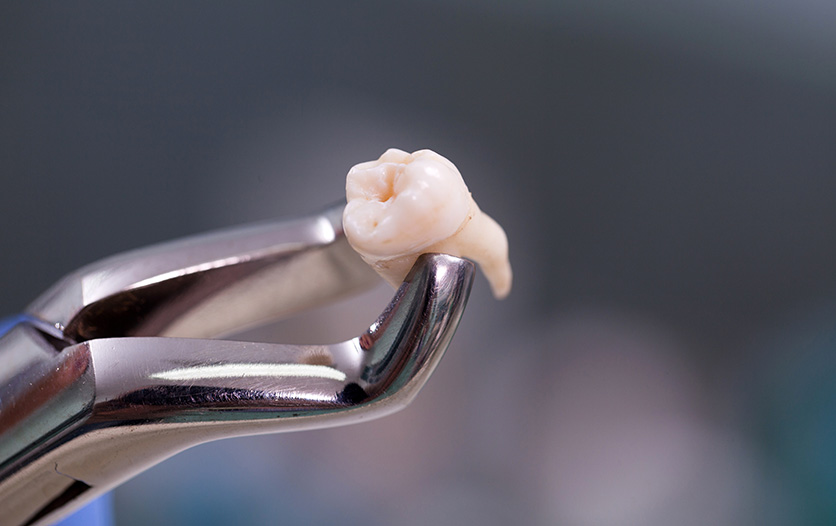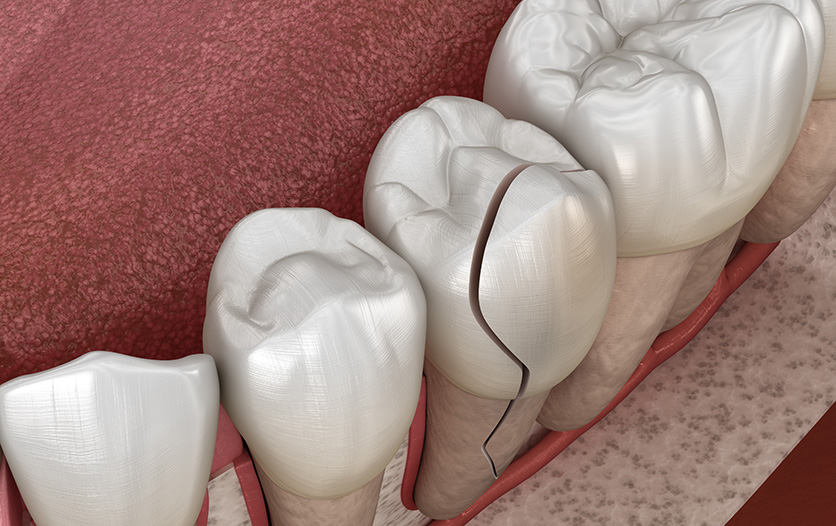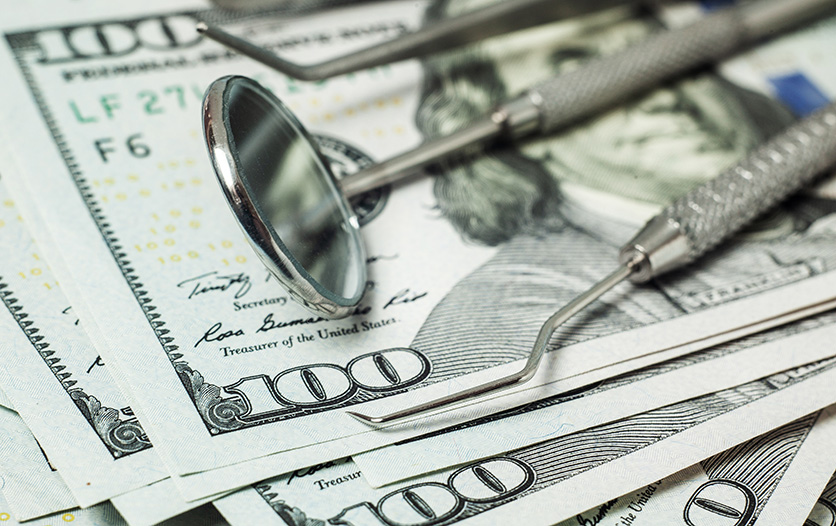
Healed Tooth Extraction: How Long Does It Take Exactly?
If you’ve ever had a tooth extracted, you know that the recovery process can take some time. Healing from a tooth extraction depends on a variety of factors, including the type of extraction, the location of the tooth, and your overall health. What factors affect the time of a healed tooth extraction?
What to Expect
After a tooth extraction, it’s normal to experience some discomfort and swelling. You may also experience bleeding, which can be managed by biting down on a gauze pad for about 30-45 minutes after the procedure. Your dentist or oral surgeon will provide you with specific instructions for aftercare, which may include:
- Taking pain medication as directed
- Applying ice to the affected area
- Avoiding hot liquids and solid foods for the first day
- Eating soft foods for the first few days
- Rinsing your mouth with warm saltwater to promote healing
- Avoiding smoking and drinking alcohol
Types of Extractions
There are two main types of tooth extractions: simple and surgical.
- A simple extraction is performed on a tooth that has erupted above the gumline and can be easily removed with forceps.
- A surgical extraction, on the other hand, is performed on a tooth that has not fully erupted or is impacted, meaning it is partially or completely stuck in the gum tissue or jawbone. Surgical extractions require more time to heal and may be more uncomfortable than simple extractions.
Factors Affecting Tooth Extraction Healing Time
The amount of time it takes for a tooth extraction to heal can vary depending on several factors, including:
- The type of extraction: As mentioned earlier, surgical extractions typically take longer to heal than simple extractions.
- Your age: Younger patients tend to heal more quickly than older patients.
- The location of the tooth: Teeth in the back of the mouth, such as molars, typically require more time to recover.
- Your overall health: Patients with certain health conditions, such as diabetes or autoimmune disorders, may also need additional healing time.
The Healing Process
The first stage of healing after a tooth extraction is the formation of a blood clot in the extraction site. This blood clot protects the bone and nerve endings in the socket and helps to promote healing. It’s important not to dislodge this blood clot by rinsing your mouth vigorously or using a straw, as this can lead to a painful condition known as dry socket.
Over the next few days, the socket will begin to fill in with granulation tissue, a type of connective tissue that helps to support the formation of new bone. After a week or so, the socket will be mostly filled, and the bone will start to reform around the socket.
The final stage of healing after a tooth extraction is the remodeling of the bone around the socket. This process can take several months and involves the gradual reshaping of the bone to fill in the empty space left by the extracted tooth.
Although most people can resume their regular activities within 48 to 72 hours, it typically takes several weeks for the jawbone to fully heal. While you may start to feel back to normal in just a few days, complete healing of the extraction site may take some time.
When to Call Your Dentist
It’s normal to experience some discomfort and swelling after a tooth extraction, but if you experience any of the following symptoms, you should call your dentist or oral surgeon:
- Severe pain that isn’t relieved by over-the-counter pain medication
- Pus or bleeding from the extraction site
- Fever or chills
- Nausea or vomiting
- Difficulty opening your mouth
These symptoms may indicate a complication, such as an infection or a dry socket, and require prompt attention from your dentist.
Contact Us
Do you have more questions about this topic or anything else that relates to dental services? We have the answers. At Evers Dental, our compassionate and knowledgeable team can help you feel at ease, help you solve any oral health issues, and bring about the smile you’re looking for. Contact us today for a consultation or to schedule an appointment.
Keep reading:
How much does it cost? 5 facts about dental implant prices




